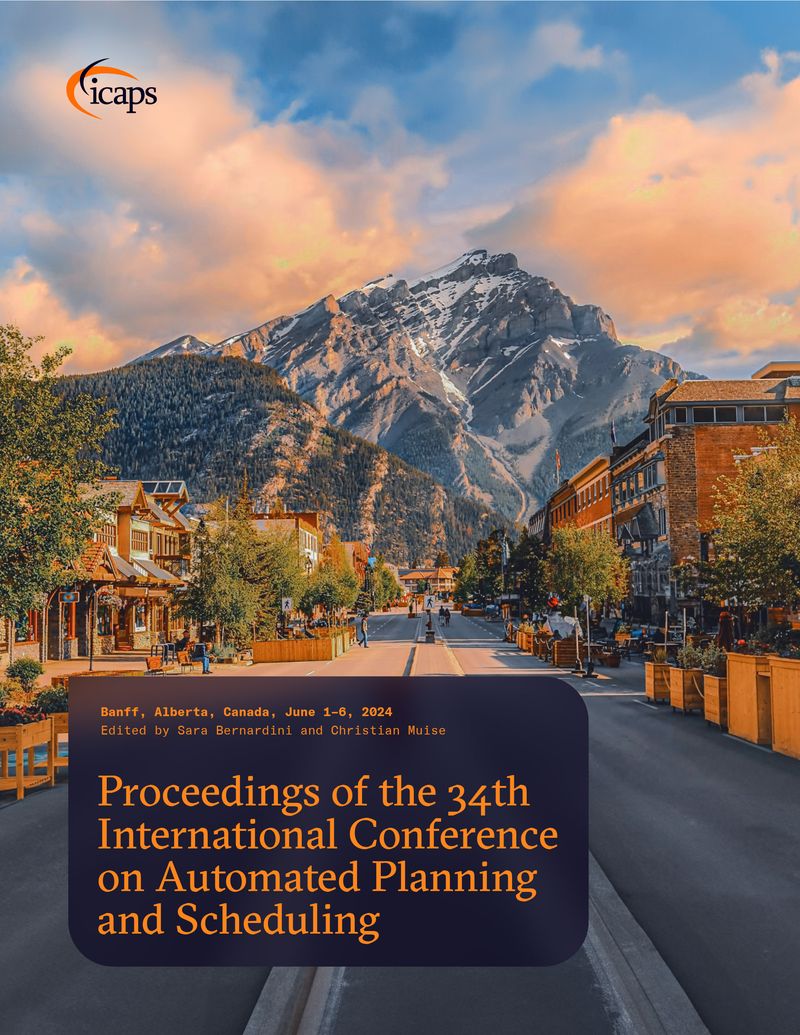Explaining the Space of SSP Policies via Policy-Property Dependencies: Complexity, Algorithms, and Relation to Multi-Objective Planning
DOI:
https://doi.org/10.1609/icaps.v34i1.31517Abstract
Stochastic shortest path (SSP) problems are a common framework for planning under uncertainty. However, the reactive structure of their solution policies is typically not easily comprehensible by an end-user, nor do planners justify the reasons behind their choice of a particular policy over others. To strengthen confidence in the planner's decision-making, recent work in classical planning has introduced a framework for explaining to the user the possible solution space in terms of necessary trade-offs between user-provided plan properties. Here, we extend this framework to SSPs. We introduce a notion of policy properties taking into account action-outcome uncertainty. We analyze formally the computational problem of identifying the exclusion relationships between policy properties, showing that this problem is in fact harder than SSP planning in a complexity theoretical sense. We show that all the relationships can be identified through a series of heuristic searches, which, if ordered in a clever way, yields an anytime algorithm. Further, we introduce an alternative method, which leverages a connection to multi-objective probabilistic planning to move all the computational burden to a preprocessing step. Finally, we explore empirically the feasibility of the proposed explanation methodology on a range of adapted IPPC benchmarks.Downloads
Published
2024-05-30
How to Cite
Steinmetz, M., Thiébaux, S., Höller, D., & Teichteil-Königsbuch, F. (2024). Explaining the Space of SSP Policies via Policy-Property Dependencies: Complexity, Algorithms, and Relation to Multi-Objective Planning. Proceedings of the International Conference on Automated Planning and Scheduling, 34(1), 555-564. https://doi.org/10.1609/icaps.v34i1.31517

